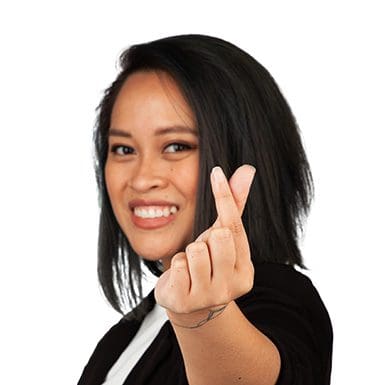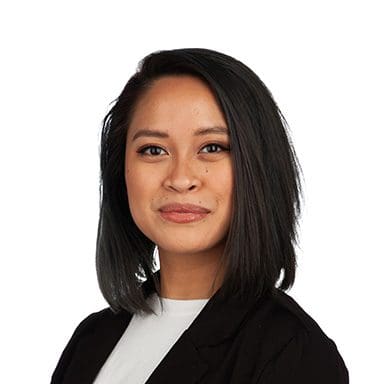To truly deliver on the promise of AI, developers need to keep the end users in mind. By integrating three components of context, interaction, and trust, AI can be the runaway success that futurists predict it will be.
Back to team page
Leiah Verdone
Senior UX Researcher
Leiah brings a unique background in health sciences to every project. She has clinical work experience with patient groups in a variety of healthcare populations which adds invaluable insight into human factors and UX considerations of medical devices and other health-related technology and products. Her passion for the latest tech drives her curiosity and desire to find creative ways to solve existing problems. Leiah has a BS in Health Sciences from Aurora University.


Bold facts
![]() Learn more about
Learn more about
Something unique about you summed up in one sentence

Your favorite part of working at Bold Insight
In your spare time (or if you had spare time), you would absolutely do this:
How long have you been in the UX field?
You cannot start the day without doing this:
Your favorite city in the world is...and why?

Your ultimate celebrity dinner party guest list would include:
Long-term personal or professional goal?
Read our team’s latest bold insights
Recruiting methods and study logistics for human factors and user research
A stronger recruiting strategy that includes relationships with patient support groups and clinical treatment centers can provide better access to difficult-to-reach patient populations. Being intentional about how you plan the logistics of your human factors and user research can mitigate risks to validity introduced by biases.
Singularity and the potential impact on UX design principles
If we are approaching a rapid technology shift as some experts predict, core UX design principles will have to be redefined to adapt to radically different interaction models.
Am I satisfied or stuck? The impact of ecosystems on household users
Manufacturers building an ecosystem of devices and services should design for both a separate, personalized experience and household or shared experience.